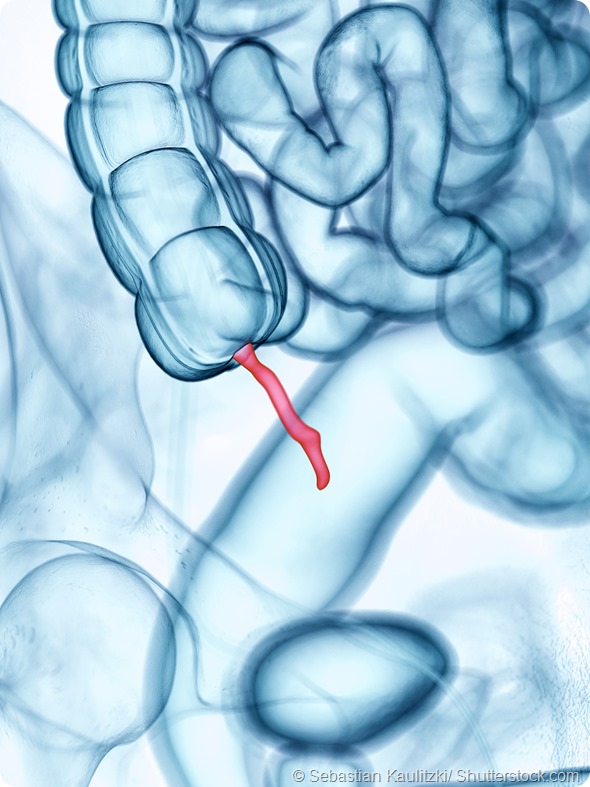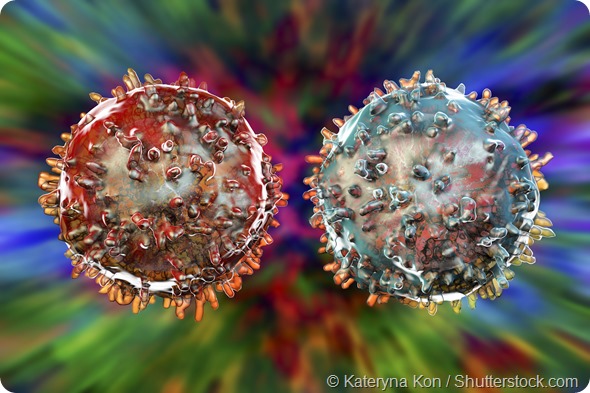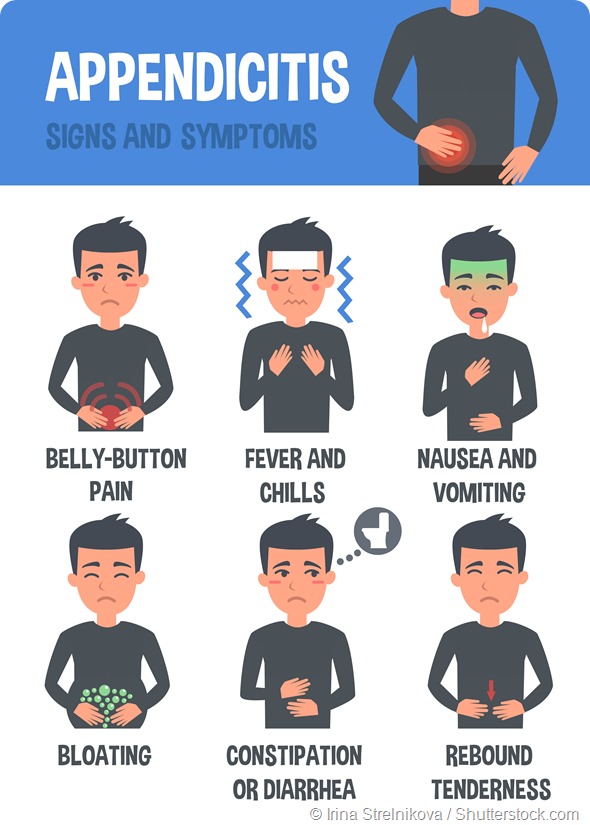The appendix is a worm-shaped tube attached to the large intestine in the human body. It is an organ that is credited with very little significance and often removed indiscriminately to avoid complications due to infection.
However, modern researchers believe that the appendix has many key functions in the human body and it protects the body’s internal environment from infection.

Evolutionary remnant
Although initially it was thought that the appendix does not have any function in humans, evolutionary theories suggest that it might have played a role in digestion of food. A great deal of evidence suggests that the appendix is a vestigial or evolutionary remnant, which means the appendix of our ancestors served a specific purpose.
Charles Darwin, in his books, On the Origin of Species and The Descent of Man, makes clear references to vestigial organs in the human body that were left over as the human species evolved. According to Darwin, these evolutionary remnants represent a function that was critical for survival in the past, but became non-existent over time.
Several biologists support the theory that the appendix is a vestigial organ that was once used by our herbivorous ancestors. It was found that in herbivorous vertebrates, the appendix is comparatively larger and it helped in the digestion of tough herbivorous food such as the bark of a tree.
Some studies suggest that as ancient humans were predominantly herbivorous, they used their appendixes for digestion. However, as humans evolved, they started to include more easily digestible food in their diet and the appendix eventually lost it function. There are scientists who believe that in time the appendix will eventually disappear from the human body.
Role in the immune system
Research in recent years has shown that the human appendix has lymphoid cells, which help the body fight infections. This strongly suggests that the appendix plays a role in the immune system.
The appendix has been found to play a role in mammalian mucosal immune function. It is believed to be involved in extrathymically derived T-lymphocytes and B-lymphocyte-mediated immune responses. It is also said to produce early defences that help prevent serious infections in humans.

Role in the digestive system
According to researchers from the Duke University Medical Center, the appendix does have a key function - it produces and stores good microbes for the human gut.
The research team, comprising immunologists, say that our digestive system is rich in bacteria that are not only harmless but also helpful to us in the digestion of food that we eat.
These good microbes are often flushed out from the body when we suffer from diseases such as dysentery or cholera, thus upsetting the digestive system. This is when our appendix releases its stock of good bacteria and "reboots" our digestive system, according to the researchers. This study has been published online in the Journal of Theoretical Biology.
According to Dr. Bill Parker, who is part of the research team that established the theory of the usefulness of appendix, the fact that the appendix is located at the lower part of the large intestine through which food and microbes pass, supports the theory that the appendix has some function related to the microbial flora of the digestive system.
Other studies suggest that this structure also has a role in the movement and removal of waste in our digestive system.
Conditions affecting the appendix
In humans, common diseases affecting the appendix are appendicitis and carcinoid tumors. Although scientists believe that the appendix has useful functions in the body, they recommend the removal of the diseased appendix, as untreated appendicitis or appendix cancer can be fatal and also because its removal is not seen to cause any ill effects.

Sources:
Further Reading
Last Updated: Feb 26, 2019